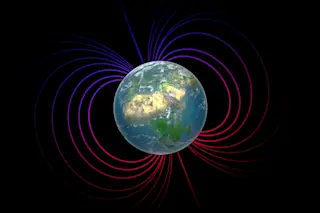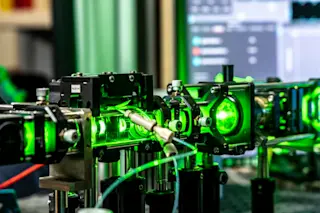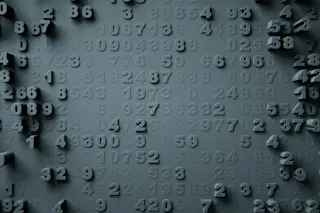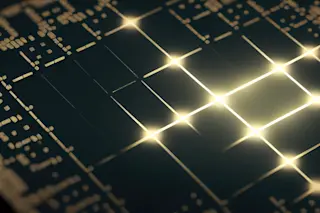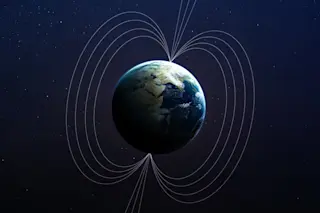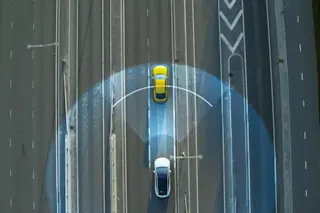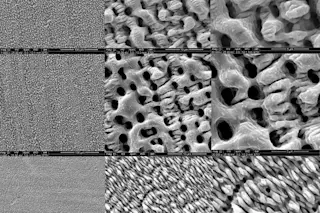This is very cool: Discover Magazine is contributing to a project to help the public create and run an experiment that will actually get launched into space aboard a small cubesat satellite!
This is a real thing. A small group of aerospace experts is running a KickStarter campaign to fund this satellite. By contributing to the KickStarter you can do anything from simply supporting them to actually being able to build and run your own experiment on the satellite once it's up. Here's a video explaining the basics:
[You may need to refresh this page to get the video to load.]
[UPDATE: The project reached its goal on June 21, after only a few days! Wow. However, you can and should still fund it; if you do you can enter Discover Magazine's contest.]
Discover Magazine's involvement with this has been to issue the Discover Space Challenge: you can submit your ...




